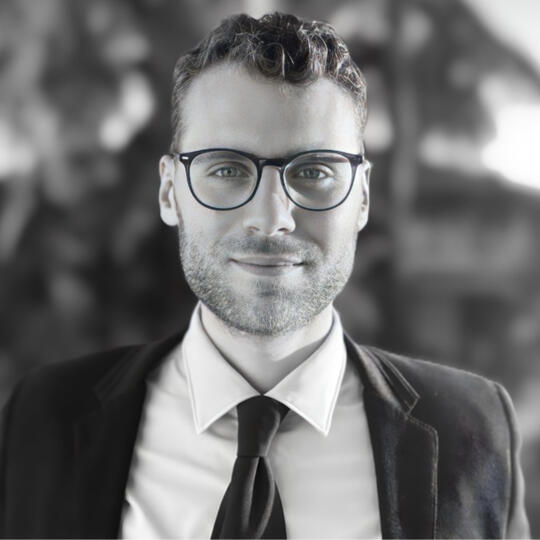
Francesco Bolzonella
I develop and manage projects around human capital, focusing on people-centered strategies that span both public and private sectors.
About
I am based in Washington, D.C., with expertise at the intersection of human capital strategy, public policy, and behavioral research. My work focuses on enhancing skills, building supportive policies, and applying behavioral insights to promote effective human development.I have experience in human capital consulting, where I’ve contributed to organizational change initiatives and workforce programs, as well as in policy consulting, supporting evaluations for both EU- and US-funded international development projects.I hold a Master of Science in Public Policy and Human Development from UNU-MERIT, with a concentration in Social Protection Policy, and a Master of Science in Learning & Development from Maastricht University. I earned my Bachelor’s degree in Political Science and International Relations from the University of Padova.
Contact
Focus
Overview:
Human capital development refers to the process of improving and increasing the range of skills, knowledge, and abilities of individuals to enhance their productivity and efficiency. This involves investing in education, training, health, and other personal capabilities that contribute to the economic value and overall well-being of an individual, which, in turn, benefits organizations and society.
Key areas:
Policy development for human capital concentrates on crafting strategies and policies that foster workforce skills, competencies, and overall well-being. This approach views employees as essential assets whose potential can be maximized for both individual and collective benefits. Informed by principles from human capital theory and best practices from leading global institutions such as the World Bank, OECD, and ILO, my work focuses on developing initiatives in education, training, and organizational systems that are integral to achieving broader economic and social objectives. These policies are designed to foster a resilient and sustainable workforce capable of adapting to evolving market demands and societal needs.Example work: A key project I worked on involved labor migration for workforce shortages in Dutch Industries. In this project, I contributed to a report that proposed targeted policy reforms to refine migration strategies, aimed at mitigating labor shortages in crucial sectors such as healthcare, manufacturing, and energy transition. This work demonstrated how thoughtful policy adjustments can effectively enhance workforce capabilities and align with broader economic demands.
Behavioral research applications utilize insights from behavioral science to enhance understanding and influence behavior across various settings, from educational systems to community programs. This approach draws on empirical findings about human behavior to develop interventions that promote positive actions and decision-making. By aligning strategies with natural behavioral tendencies, this expertise is instrumental for entities looking to implement people-centered policies and improve overall effectiveness in achieving their goals.Example work: I employed behavioral science techniques in a project focused on training design for social inclusion in adult education, developing specialized educational programs that improved engagement and social integration for low-literacy immigrant learners. This work effectively demonstrated the utility of behavioral strategies in educational settings.
Strategic workforce planning is a comprehensive approach designed to develop a skilled and adaptable workforce, aligning with dynamic market demands. This strategy employs detailed workforce assessments and thoughtful organizational design to boost skill development, reskilling, and upskilling efforts. By synchronizing the strategic needs of businesses and educational institutions, it ensures a robust talent pipeline that enhances organizational agility and drives sustainable industry growth.Example work: the bridging skill gaps: employer-led development in emerging markets project exemplifies my collaborative efforts with employers' organizations to create targeted training programs. This initiative successfully mitigated skill shortages by setting up development hubs that prepare the workforce for upcoming challenges, demonstrating the strategic alignment of workforce planning with long-term industry.